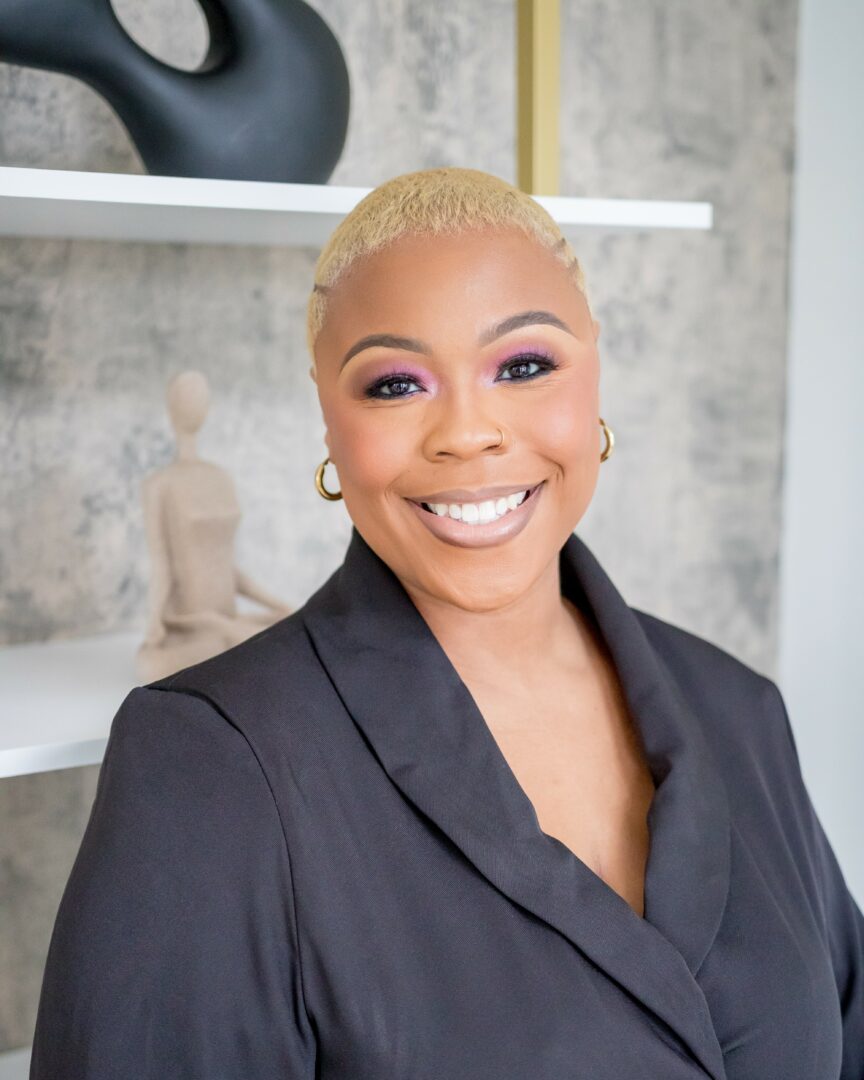We recently had the chance to connect with Dr. Briana DeNeal-Findley and have shared our conversation below.
Hi Dr. Briana, thank you for taking the time to reflect back on your journey with us. I think our readers are in for a real treat. There is so much we can all learn from each other and so thank you again for opening up with us. Let’s get into it: Have you ever been glad you didn’t act fast?
Absolutely—I remember one time I almost made an impulsive decision to buy something online. I paused, walked away from the website, and later discovered a coupon code that saved me quite a bit. It was a perfect example of how waiting and not acting too quickly can actually work in your favor—sometimes, what’s meant to be comes with a little extra benefit if you give it a moment.
Can you briefly introduce yourself and share what makes you or your brand unique?
I’m Dr. Briana DeNeal-Findley, a Licensed Clinical Social Worker, grief and trauma expert, and the founder and CEO of The Bee Network, a community-centered mental health organization. For over a decade, I’ve worked across clinical, educational, and organizational settings, helping children, families, educators, and leaders navigate grief, trauma, and big life transitions.
What makes my work unique is the way I blend clinical expertise with lived experience and creative expression. Having lost both of my parents, I deeply understand the personal impact of grief, which informs how I guide others toward healing. I’ve created tools to make grief more approachable and actionable—like two children’s books on grief and The ABCs of Grief card deck—which empower kids, families, and communities to process emotions in accessible and culturally relevant ways.
At The Bee Network, we focus on holistic wellness and culturally grounded approaches to mental health. I also provide executive coaching, workshops, and training for workplaces and schools, helping leaders support their teams with compassion and resilience. Right now, I’m exploring ways to amplify conversations about grief, hope, and healing through creative mediums, community initiatives, and education—so that both individuals and communities can thrive even in the face of loss.
Thanks for sharing that. Would love to go back in time and hear about how your past might have impacted who you are today. What part of you has served its purpose and must now be released?
For years, I’ve carried the part of me that has to be strong for everyone else—the dependable one, the rock, the person everyone can lean on. I relate so deeply to Luisa from Encanto: she’s everything to everybody, holding up the weight of her family’s expectations, and yet it leaves her wondering, “Who is holding me?” That has been my story too—I’ve been the strong friend, the reliable daughter, grandaughter, niece, cousin, and colleague, always showing up for others’ needs.
That part of me has served its purpose beautifully. It’s kept my loved ones supported, my teams grounded, and my communities cared for. But it’s also left me asking: Who can be that for me?
It’s time to release the burden of always being the strong one and allow myself to receive the same care, support, and gentleness that I’ve given so freely to others. I’m learning that strength doesn’t mean carrying it all alone—it can also mean creating space for vulnerability, rest, and healing.
What have been the defining wounds of your life—and how have you healed them?
The defining wounds of my life have been the loss of both of my parents, just two years apart. Experiencing that kind of grief so deeply and personally shaped me in ways that were at times overwhelming, leaving me to navigate a world that suddenly felt fragile and uncertain.
I’ve healed these wounds by sharing my story and transforming my grief into something that can support others. I create intentional spaces for people—especially children and families—to process loss through storytelling and creative expression. This work includes writing two children’s books on grief and developing The ABCs of Grief card deck, tools designed to help others name, express, and navigate their emotions.
Through these efforts, I’ve learned that healing doesn’t erase pain—it channels it into connection, understanding, and hope. By holding space for others, I honor my parents’ memory and transform personal grief into collective healing.
Next, maybe we can discuss some of your foundational philosophies and views? What would your closest friends say really matters to you?
My closest friends would say that people matter to me—truly, deeply. They’d say I care about showing up for others, holding space for grief, supporting growth, and helping those around me feel seen and understood. They’d note my commitment to family, friends, and community, and my drive to create environments—whether in schools, workplaces, or communities—where people can heal, thrive, and be their whole selves.
But they’d also recognize that what matters to me is authentic connection and meaning. It’s not just about being there; it’s about being present in a way that uplifts, encourages, and fosters hope. And while I often give strength to others, what truly matters is learning to let myself receive that same care and support in return.
Okay, so let’s keep going with one more question that means a lot to us: How do you know when you’re out of your depth?
I know I’m out of my depth when it stops feeling effortless—when I find myself pushing things off, leaning into distractions, or letting my ADHD win. It’s when I keep finding excuses or questioning whether my work is “good enough,” and the momentum stalls no matter how much I want it to move forward. Those are the moments that signal I need to pause, recalibrate, and seek support or new strategies before I can engage fully and authentically.
Contact Info:
- Website: https://www.thebeenetwork.org
- Instagram: dr.briana
- Linkedin: https://www.linkedin.com/in/bfindley/
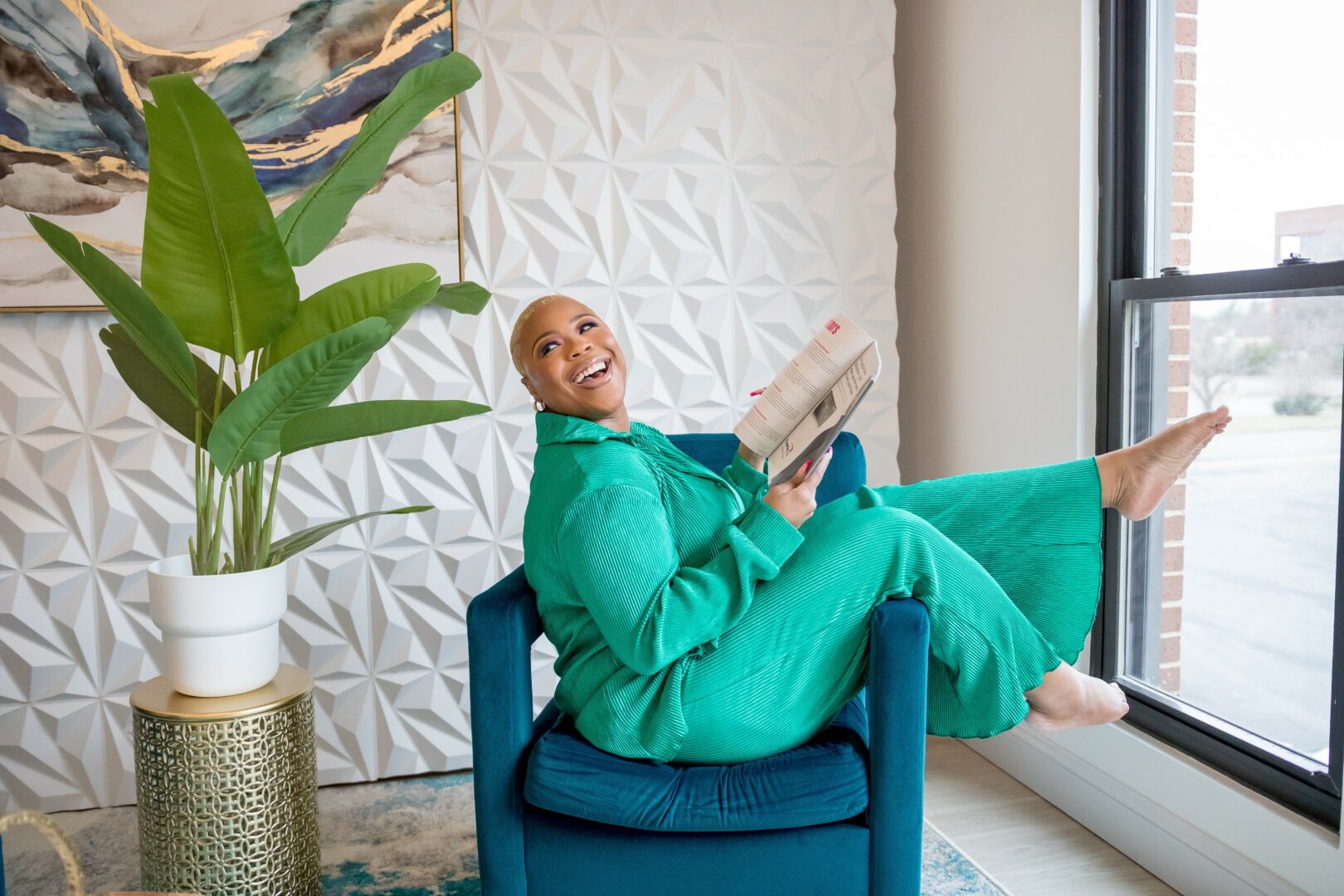
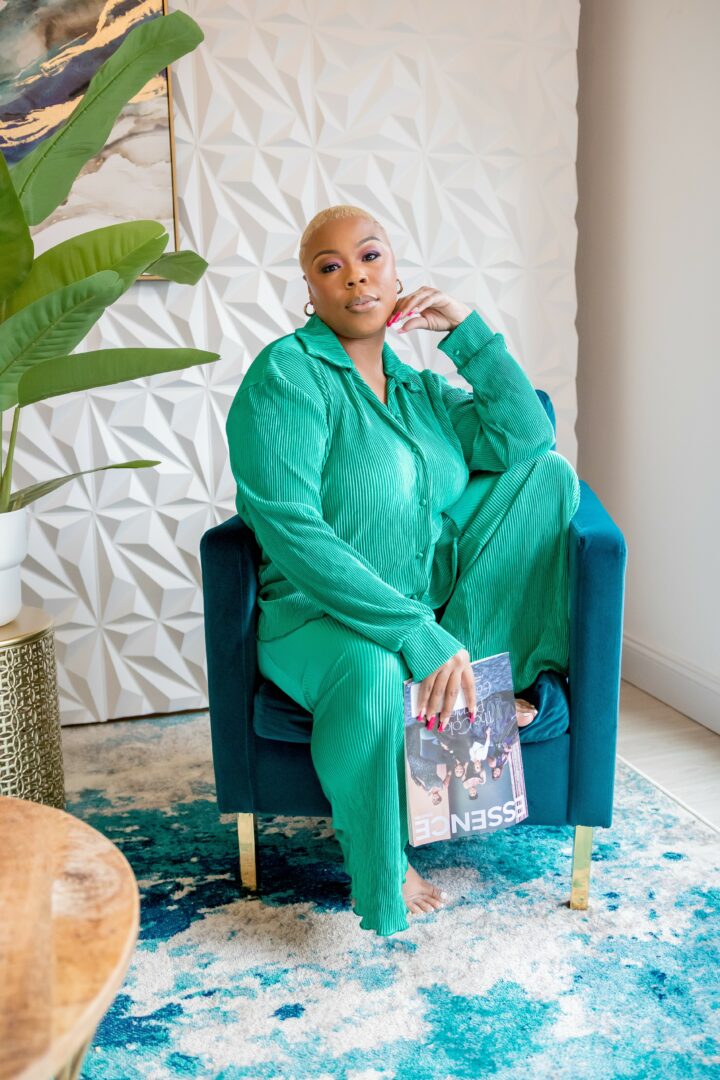
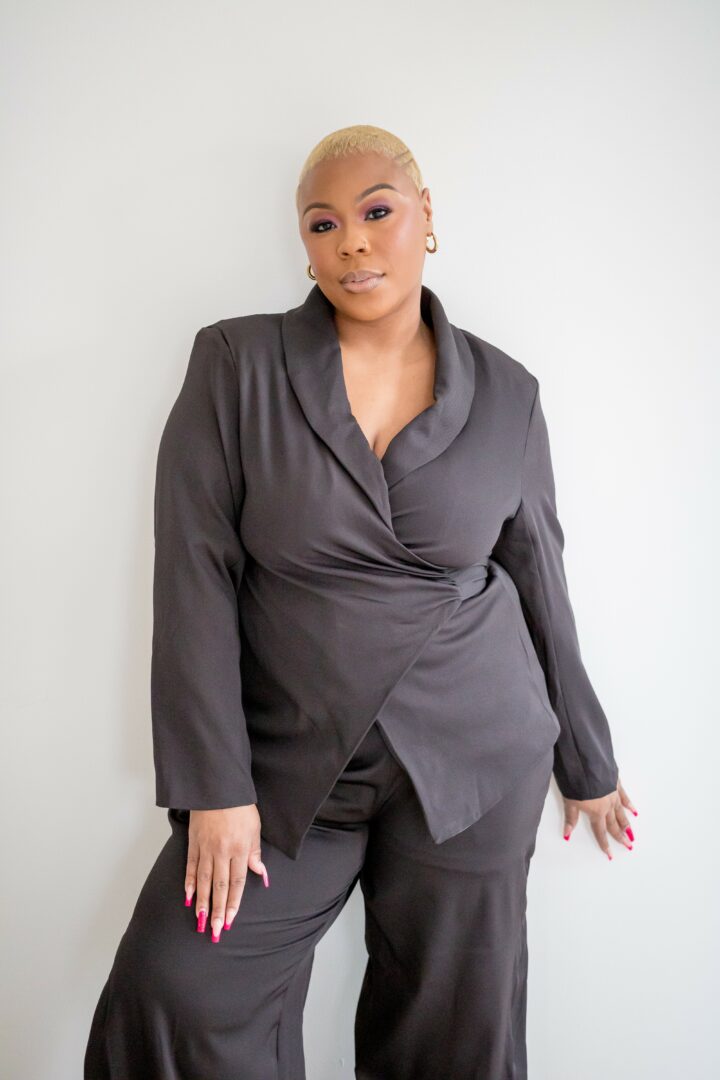
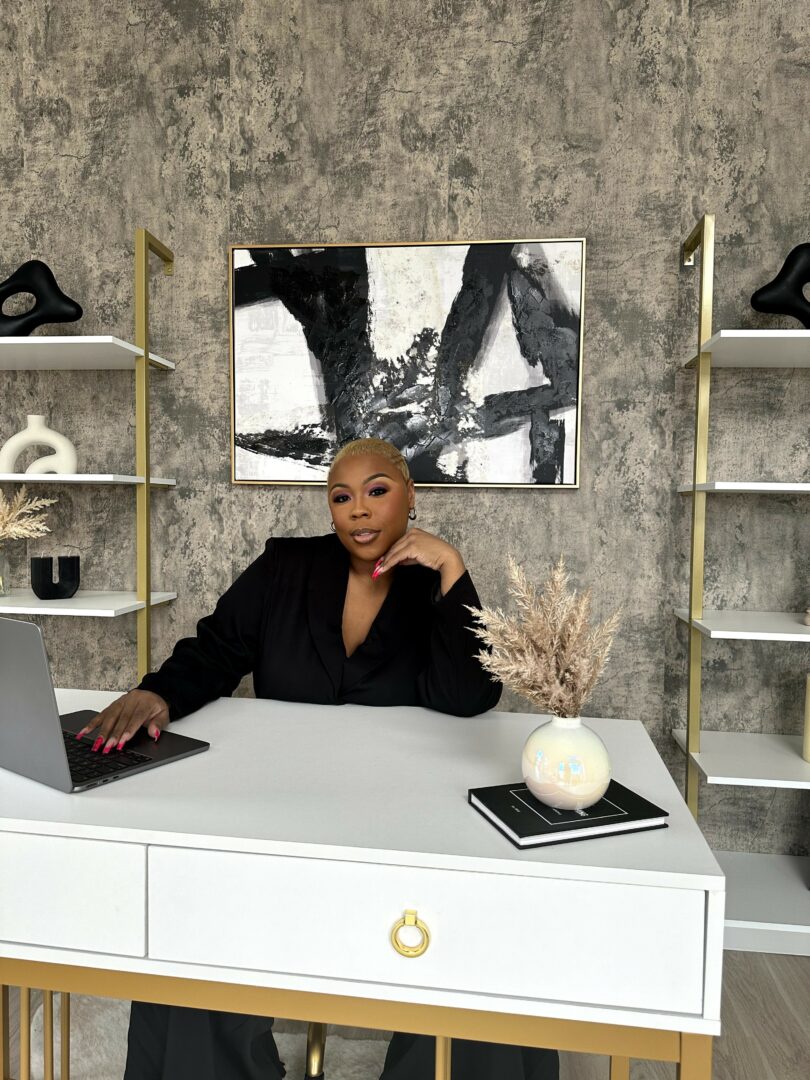
Image Credits
Charlie P. Windsor
so if you or someone you know deserves recognition please let us know here.

